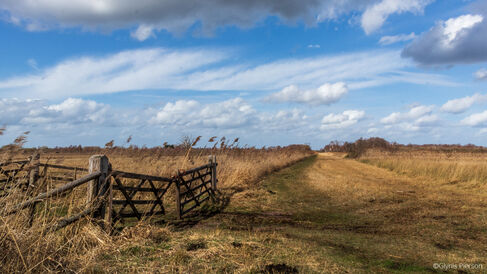The Fens

Photo of the Fens By Glynis Pierson
Supporting the future of the Fens
The Cambridgeshire Fens and surrounding area hold a crucial place in the UK's agricultural landscape.
With nearly a quarter of all lowland peat in England and Wales, this region's drained peat yields some of the nation's most fertile soil. Half of England's Grade 1 farmland calls the Fens home, contributing to 22% of the country's crop output and an impressive 35% of its vegetable production. From lettuce to celery, carrots to leeks, and more, the Fens are a significant source of UK-grown produce.
Beyond their agricultural prowess, the Fens are instrumental in bolstering the rural economy, generating over £3 billion and offering employment to tens of thousands in a region grappling with unemployment and deprivation.
Yet, amidst these achievements, the Fens face environmental challenges that demand urgent attention. The region has lost a staggering 30% of its peatlands, releasing millions of tonnes of carbon into the atmosphere. Additionally, only 1% of its original wetlands remain intact. Water scarcity looms on the horizon, projected to become critical in 5 to 10 years, while rising sea levels pose a growing threat.
Finding a sustainable solution is paramount. Simply rewilding the Fens to preserve its ecosystem isn't feasible, given its crucial role in both the local community and the entire UK's food production.
To safeguard the Fens' ecosystem and support its farmers, the Centre's researchers are diligently working on an integrated framework. This framework seeks to harmonize food production, reduce carbon emissions, secure water resources, manage flood risk, enhance biodiversity, and foster resilience.
With concerted efforts and innovative strategies, we can protect the vitality of the Fenlands, ensuring a prosperous and sustainable future for this irreplaceable region.
